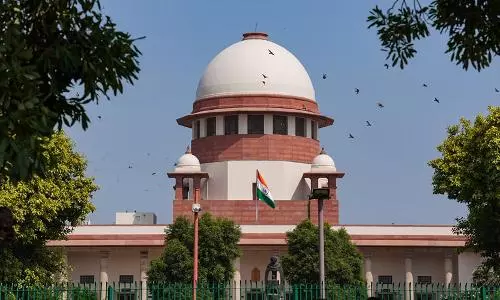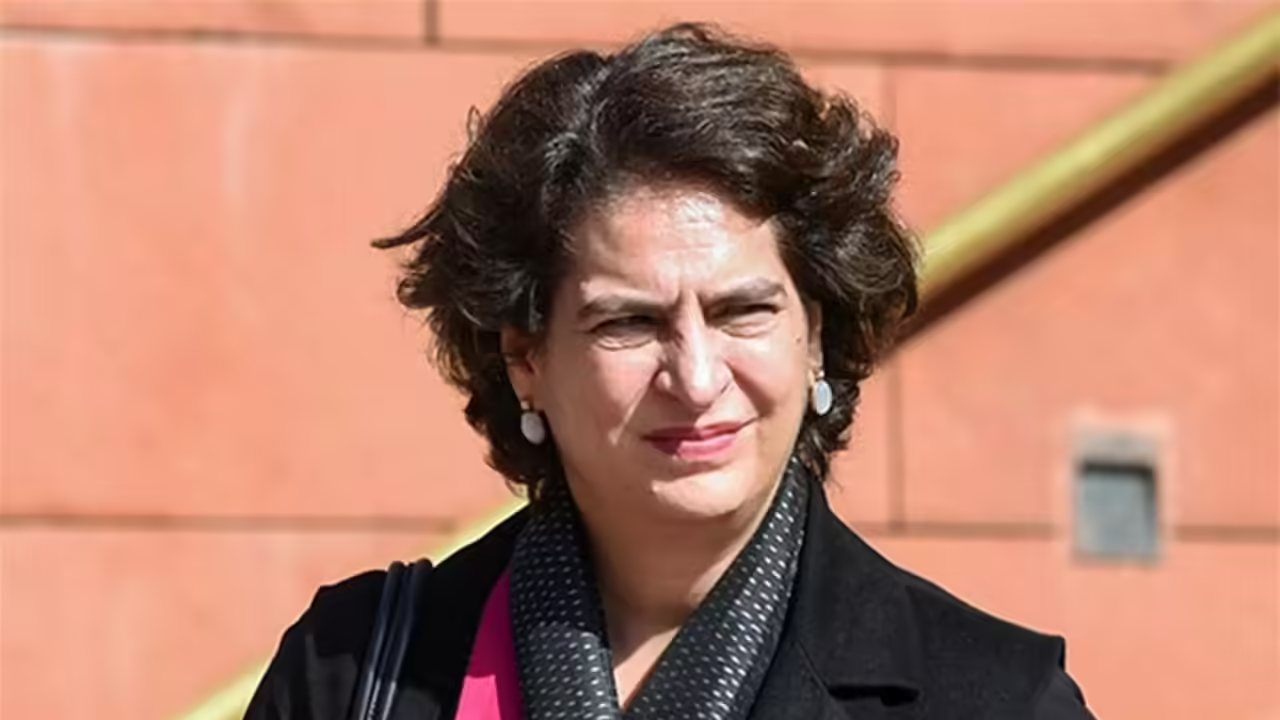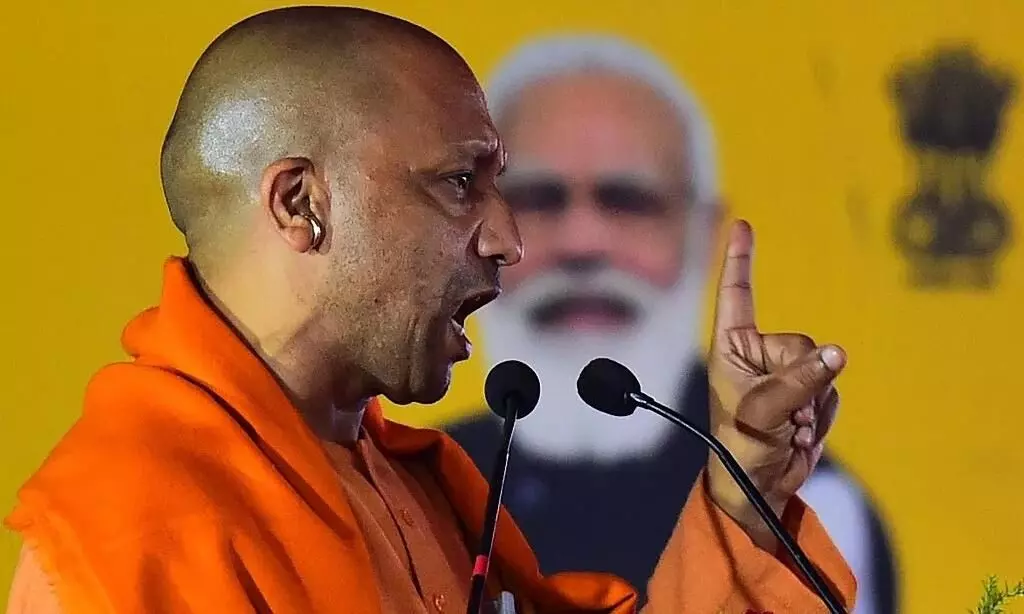
Systematic alienation: Hate speech targeting Muslims soars in BJP’s India
text_fieldsA report released by India Hate Lab, a Washington DC-based group documenting hate speech against religious minorities in India, has unveiled alarming trends of escalating anti-Muslim rhetoric across the country.
According to the report titled 'Hate Speech Events in India', a staggering 668 documented hate speech events targeting Muslims were recorded in 2023. The report exposes a disturbing increase of 62% in the second half of the year, with a notable peak between August and November, coinciding with political campaigning and polling in major states.
Key findings from the report indicate that nearly two anti-Muslim hate speech events per day were recorded on average in 2023. Furthermore, a striking 75 per cent of these events occurred in states ruled by Indian Prime Minister Narendra Modi's Bharatiya Janata Party (BJP), painting a concerning picture of the socio-political landscape.
Among the top-ranking Indian states for hate speech events were Maharashtra, Uttar Pradesh, and Madhya Pradesh, collectively representing 43 per cent of the total incidents documented. These states, known for their significant voter bases, are currently under BJP rule.
However, the report highlights that hate speech incidents are not confined to larger states alone. Smaller states such as Haryana and Uttarakhand have also witnessed a surge in anti-Muslim violence, indicating a worrying trend of intolerance spreading across various regions.
Prem Shukla, a national spokesperson of the BJP, dismissed the findings of the report, alleging bias and accusing the research group of attempting to undermine the party. Shukla argued that the BJP opposes what he termed as "Islamic fundamentalist forces" and suggested that hate speech incidents against the Hindu majority community are overlooked.
The report also sheds light on the provocations used for hate speech events, with 63 per cent referencing Islamophobic conspiracy theories. These include debunked notions such as "love jihad," "land jihad," "halal jihad," and "population jihad," which falsely portray Muslims as threats to societal stability.
Furthermore, the report exposes the weaponization of international conflicts to fuel anti-Muslim sentiments within India. Far-right groups have exploited the Hamas attack on southern Israel and Israel's war on Gaza to propagate hate, with one in every five hate speech events invoking the conflict between October 7 and December 31, 2023.
Pravin Togadia, founder and current president of the Antarrashtriya Hindu Parishad, and Kapil Mishra, a BJP leader, were among those cited in the report for their inflammatory remarks linking the Israeli-Palestinian conflict to domestic issues in India.
Reacting to the findings, Amnesty International called on Indian authorities to take concrete measures to counter hate speech, eradicate discrimination, and foster greater equality. Aakar Patel, chair of the board at Amnesty International India, emphasized the urgent need to address the rise in speeches advocating violence and hatred against religious minorities.
As India prepares for upcoming national elections, concerns loom large over the potential exploitation of hate speech to polarize voters. The report serves as a stark reminder of the imperative to combat bigotry and uphold the principles of tolerance and inclusivity in India's diverse society.
The Indian government's recent actions, including the blocking of websites associated with hate-crime tracking, have sparked criticism from human rights organizations and raised questions about freedom of expression in the country.






















